This appeared in the May 14, 2004 issue of the Chicago Reader, and occasioned one of the few thank-you notes I’ve received from a filmmaker for a review. I hope both Guy Maddin and those reading this will forgive me for immodestly reproducing his email: “Dear Jonathan: I usually try to avoid setting precedents that violate what should be a no-fly zone between critics and filmmakers, but I must say that your review of Saddest Music left me feeling understood at last!!! What a feeling. Thank you for supplying this euphoria. You also win bonus points for the Laura Riding discovery — I always liked her characters’ names. George Toles, who is terrified of reading reviews, will be thrilled to see his unsung name given its proper due. Not only that, you disabled Anthony Lane’s stinkbombs. A million thanks, Jonathan!! Warmest, Guy” — J.R.
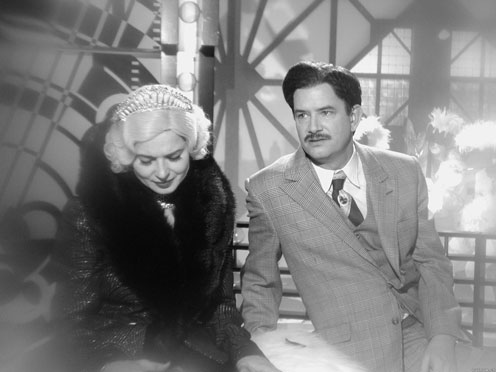
The Saddest Music in the World
**** (Masterpiece)
Directed by Guy Maddin
Written by George Toles, Maddin, and Kazuo Ishiguro
With Mark McKinney, Isabella Rossellini, Maria de Medeiros,
David Fox, and Ross McMillan.
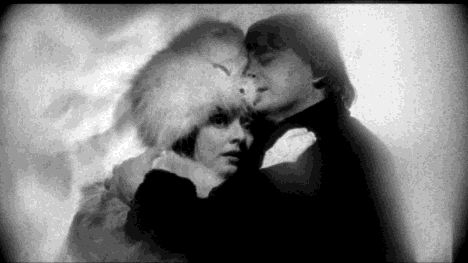
To Guy Maddin, every contemporary story that feels true is at bottom an amnesia story. — screenwriter George Toles
When all the archetypes burst out shamelessly, we plumb Homeric profundity. Read more
Below is my Foreword to The Medieval Hero on Screen: Representations from Beowulf to Buffy (McFarland, 2004), a collection edited by Martha W. Driver and Sid Ray, minus a few editorial tweaks and abridgements. — J.R.
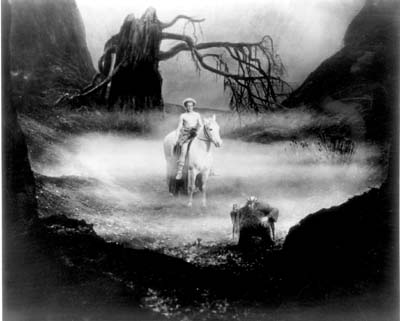
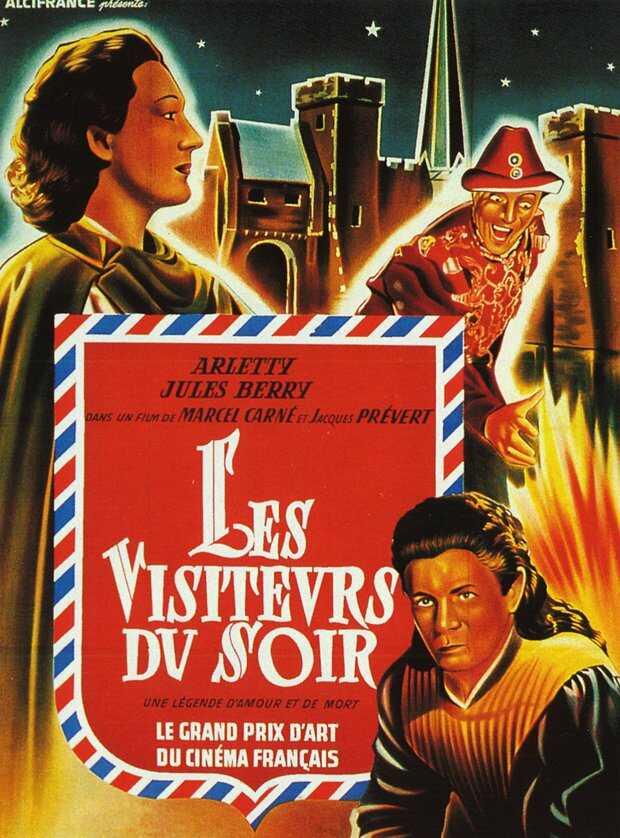
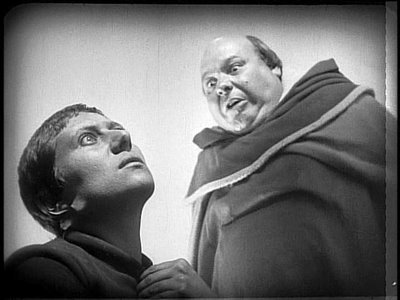
It’s a curious fact, at least to me, that I’m writing a forword to this book, even a short one. I’m neither a medievalist nor a historian; I haven’t seen many of the films discussed, and, perhaps because I spend much of my time reviewing films for a weekly newspaper, the Chicago Reader, I have seen but have mainly forgotten some of the others. As a professional film critic who occasionally gets invited to speak and teach at college campuses, I have the benefit of both close and long-range views of film history, and try to create some two-way traffic between these positions in my writing.
It has always been a handicap for film scholars that one can’t necessarily count on all the important works being widely accessible or even widely known. In the essays that follow, some of my favorite films with medieval themes and settings have only been briefly touched upon —- I’m thinking especially of Carl Dreyer’s The Passion of Joan of Arc and Eric Rohmer’s Perceval -— while others, including Fritz Lang’s magnificent two-part, five-hour Die Nibelungen (1924), and Les visiteurs du soir (1942), a haunting fantasy written by Jacques Prévert and Pierre Laroche and directed by Marcel Carné during the French Occupation, are not mentioned. Read more





